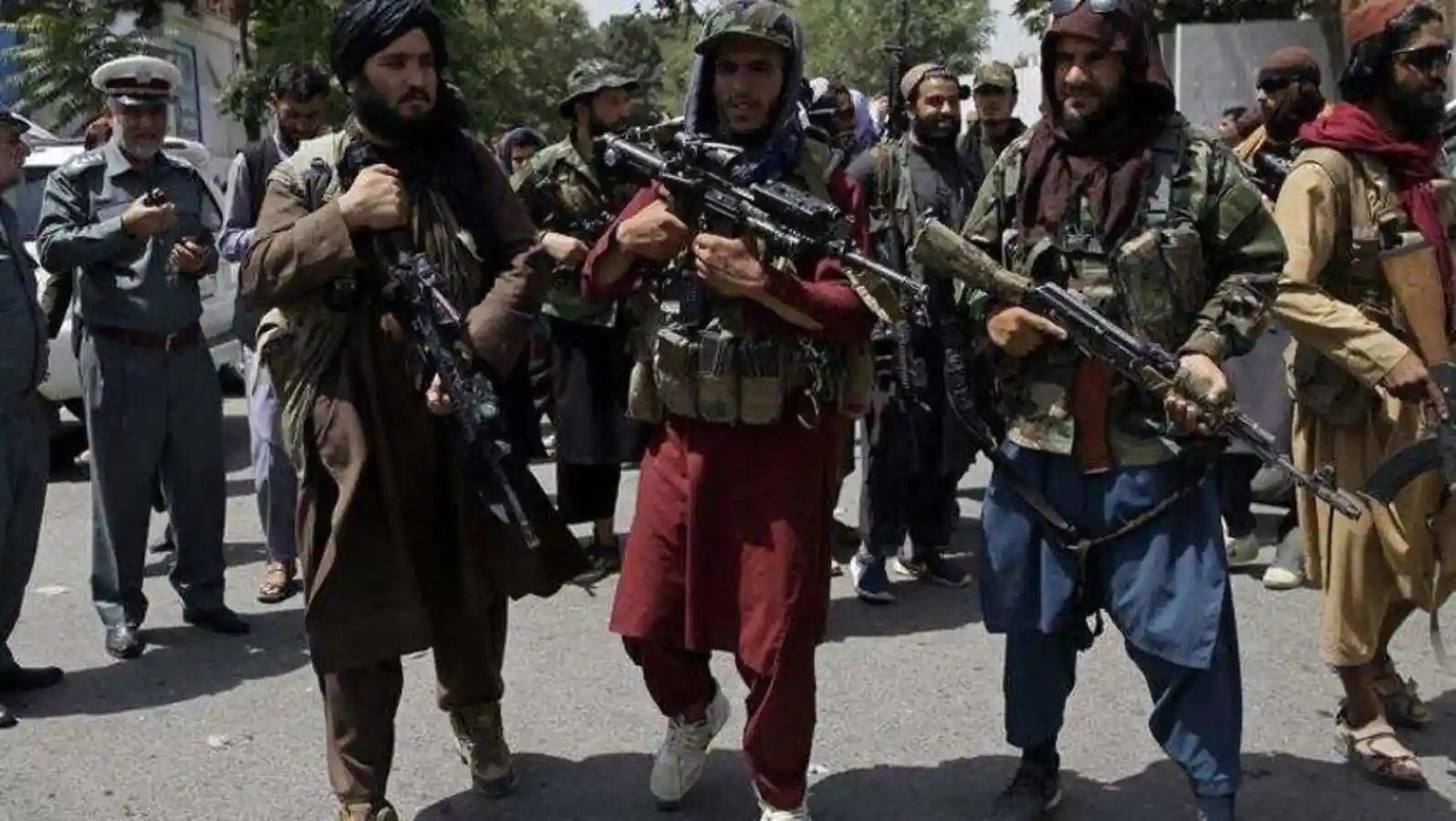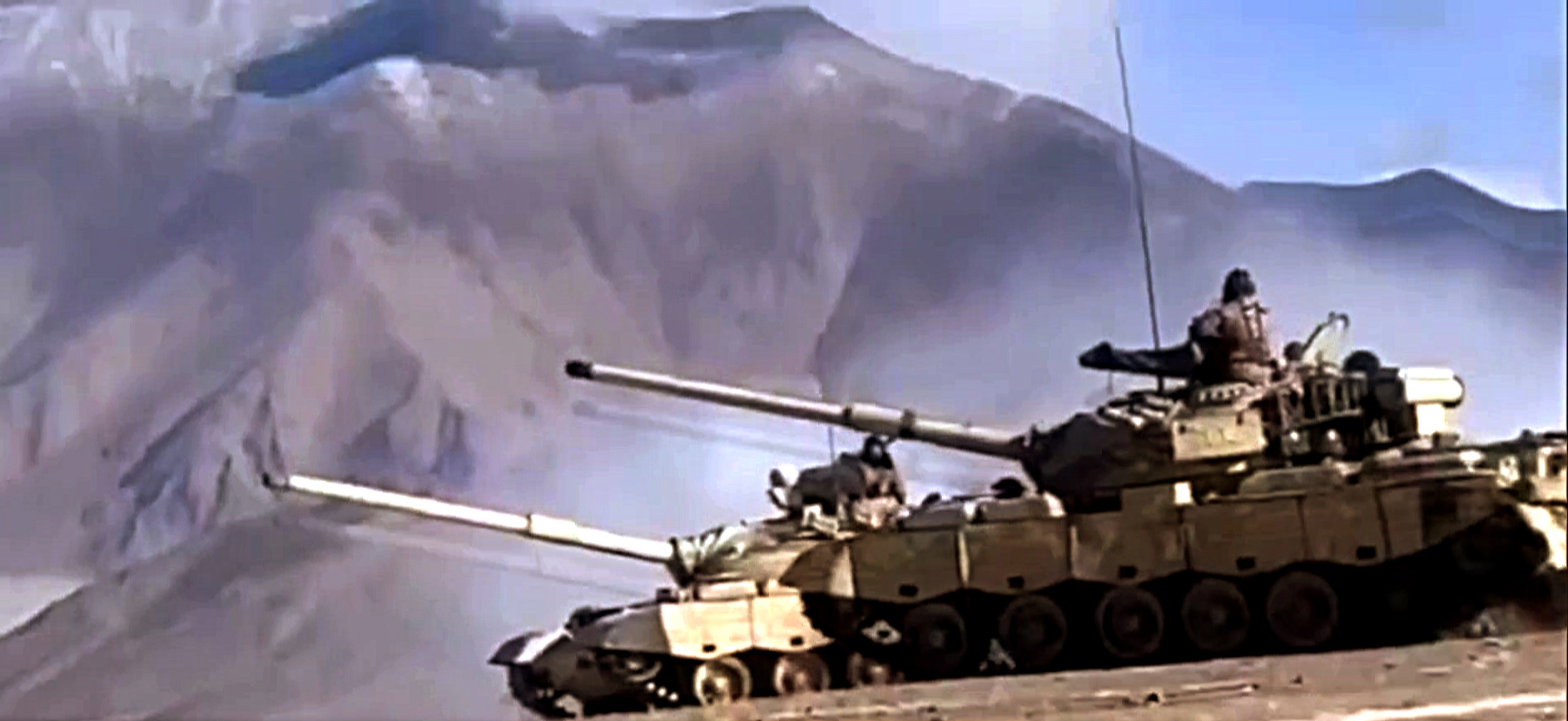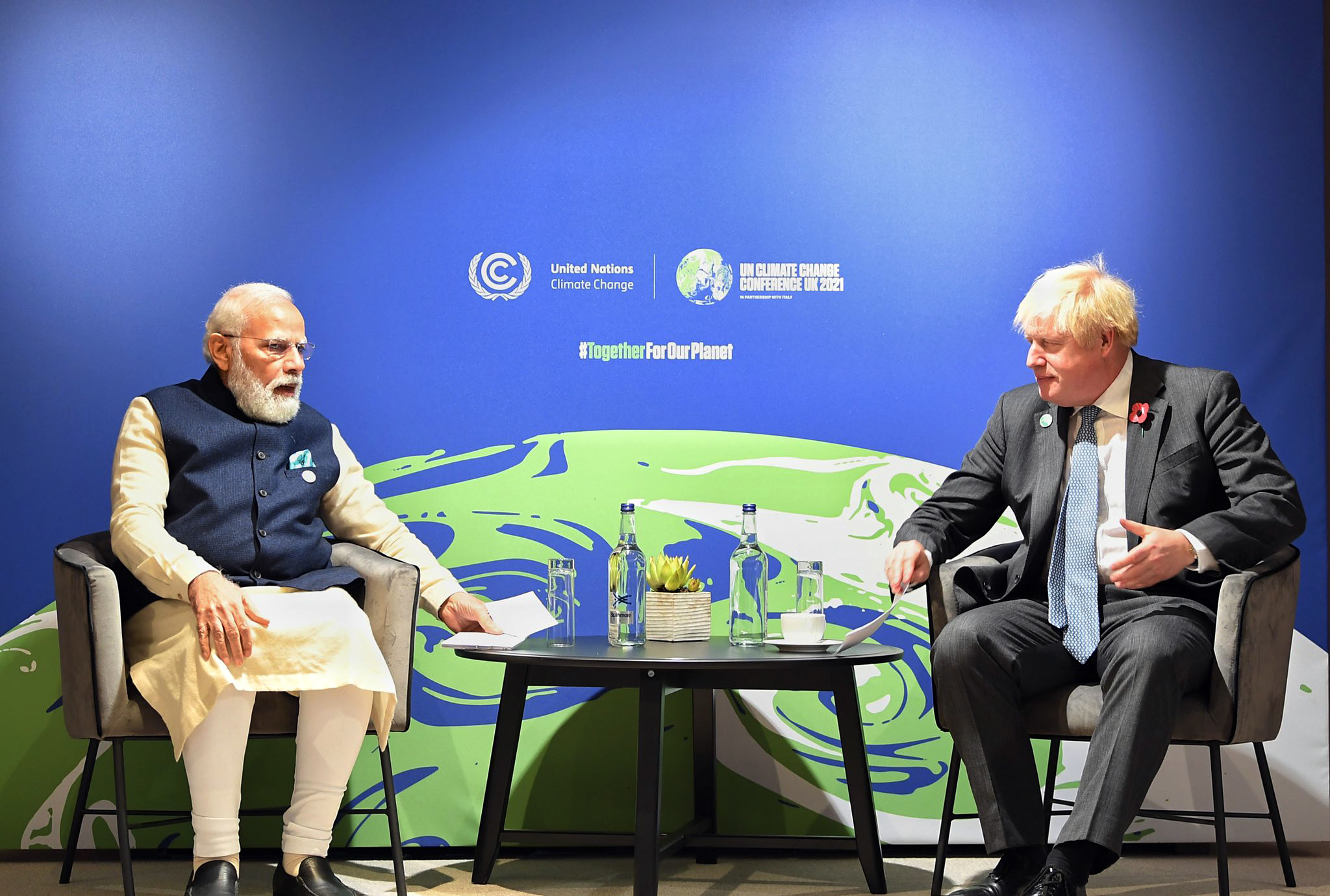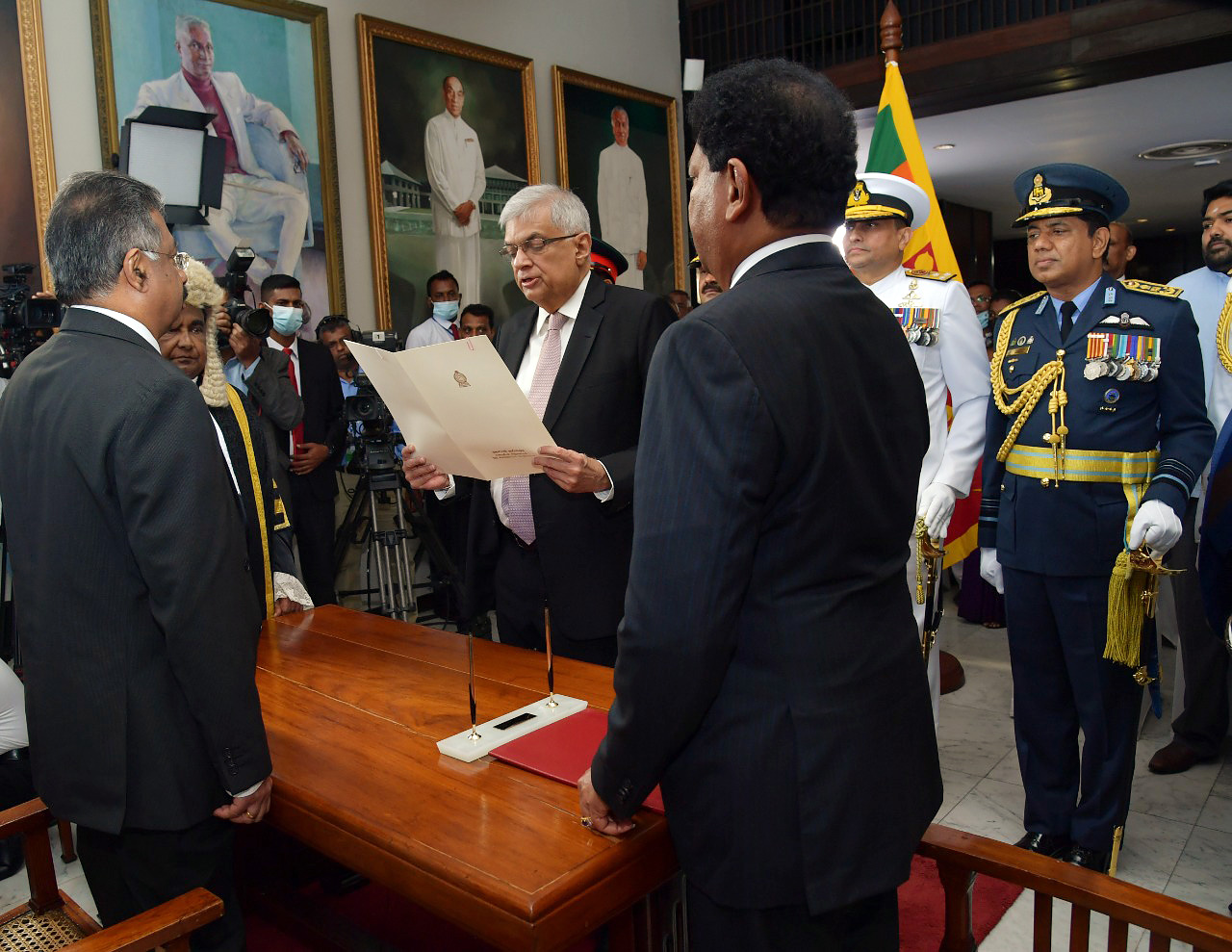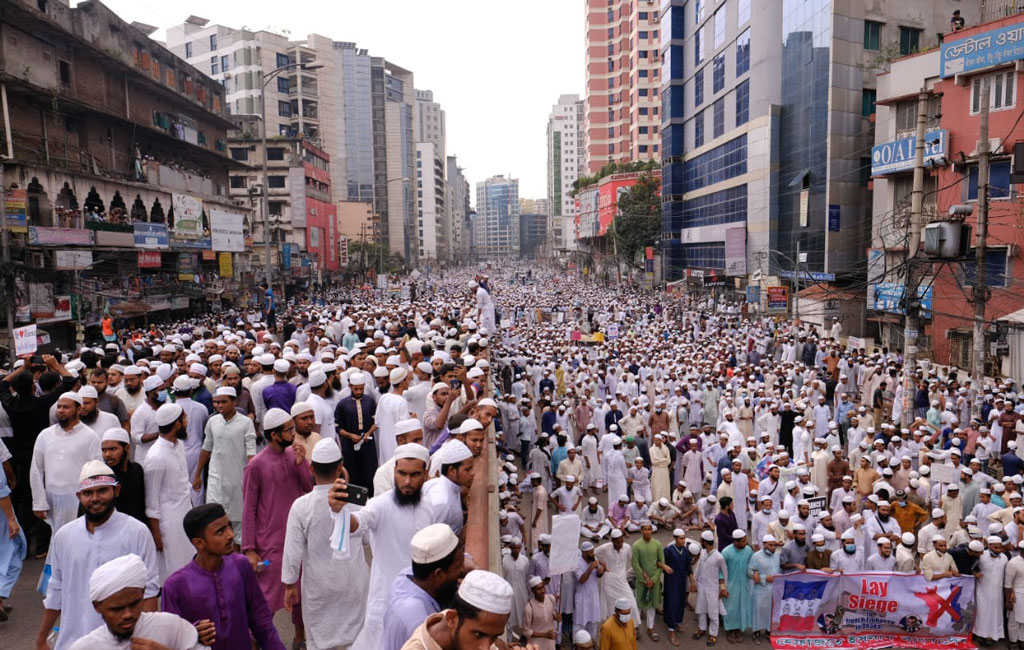Pakistan continues to refer to the TTP as a tool being used by India and other foreign powers to destabilise it
Ashok K. Behuria
To understand the interesting relationship between the Tehrik-e-Taliban Pakistan (TTP), also known as Pakistani Taliban, and the Afghan Taliban, one must peep into history to see how the linkages developed and why the Afghan Taliban are not responding in equal measure to Pakistan’s repeated appeals to take conclusive action against the TTP.
Pakistan regards the TTP as a retrograde armed outfit. It is launching regular attacks against it, despite decisive operations conducted against it in the past. The TTP, in fact, claimed through a post on Telegram on 2 September that it had carried out 32 attacks inside Pakistan in August 2021 alone.
Pakistan continues to refer to the TTP as a tool being used by India and other foreign powers to destabilise it. After the Taliban took over Kabul, Pakistan reportedly handed over a list of most-wanted TTP terrorists operating from Afghanistan to the Taliban chief Haibatullah Akhundzada, following which, the latter set up a three-member commission to investigate Pakistan’s claims. However, the Taliban’s public response has been rather tame and diplomatic. They have said that the TTP was a foreign outfit operating inside Pakistan, and they would not allow either the TTP or any other group to operate from the Afghan soil against any other country, whereas Pakistan would have liked them to take a conclusive action against the TTP.
The TTP has ideologically gravitated towards the extreme sectarian version of radical Sunni Islam, much like the Islamic State. Over the years, various groups within the TTP have maintained close contact with global Islamist organisations like Al-Qaeda and the Islamic State. However, the main branch of TTP has always pledged its loyalty to the Amir of Afghan Taliban.
In a series of articles in Nawa-e-Afghan Jihad, Adnan Rashid—a native Pakistani and former technician in the Pakistan Air Force, convicted and sentenced to death for his role in the assassination attempt on Musharraf but released by the TTP on 15 April 2012 from Bannu jail— argues very forcefully that Pakistan has a kafir army because it has kafir officers in it and, whoever dies in the army (whether he is a Christian, Hindu, Sikh or Shia) is called a shaheed or martyr which is unacceptable to him as a Muslim.
About the Jihad in Kashmir, he says that he was asked to fight in Kashmir, but he did not accept it because he realised that even if Kashmir were to be liberated from the Indian control it would become part of a country, which did not function according to Islamic principles.
Even then, Pakistan continues to believe that the TTP is being sponsored by Indian intelligence. Some of the TTP members like Latif Mehsud and Ehsanullah Ehsan have been forced to issue statements to this effect to persuade the TTP to turn their guns away from Pakistan towards India. The anti-India propaganda pamphlets have been distributed in the tribal areas from time to time urging people to wage jihad against India in Kashmir. However, this strategy has not worked. Pakistan has also tried hard to use the Afghan Taliban to change the TTP’s outlook, without any success so far.
The Afghan Taliban’s dependence on Pakistan is likely to decrease in the coming days. Therefore, even if there may be a token response to Pakistan’s request, they are unlikely to take any conclusive action against the TTP, especially when elements within the Taliban favour TTP’s idea of bringing Pakistan under Islamic rule. Moreover, action against the TTP may alienate many groups within the Taliban, affecting internal unity that is so essential to the Taliban’s hold on power in Kabul, at a time when there are reports of various factions fighting internally for power. In these circumstances, the relationship between the TTP and the Afghan Taliban will continue to be dictated by religious-ideological convergence, ethnic-fraternal linkages and the close camaraderie that emerged while they were fighting together against the foreign ‘occupying’ forces in Afghanistan.
Ashok K. Behuria is Senior Fellow at Manohar Parrikar Institute for Defence Studies and Analyses, New Delhi
Views expressed are of the author and do not necessarily reflect the views of the Manohar Parrikar IDSA or of the Government of India.
This is the abridged version of the article which appeared first in the Comment section of the website (www.idsa.in) of Manohar Parrikar Institute for Defense Studies and Analyses, New Delhi on September 16, 2021
















